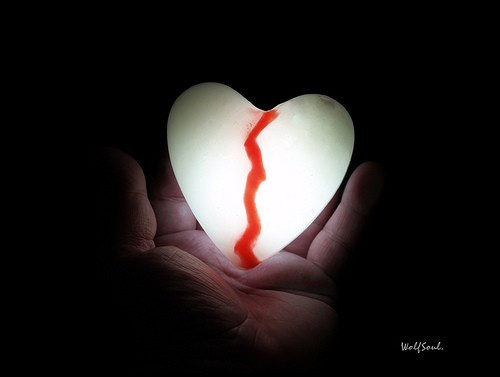'Broken heart syndrome' is real, say researchers - but can it kill?
It often occurs during intense physical stress or traumatic emotional events such as the death of a loved one.

Dying from a broken heart is not just the stuff of fairytales. In fact, having a broken heart is a real condition, according to researchers from the University of Washington.
The symptoms of so-called broken heart syndrome, which can include chest pains and shortness of breath, initially appear similar to those of a heart attack, making it difficult to diagnose.
It often occurs due to intense physical stress, including asthma attacks and car accidents, or traumatic emotional events, such as the death of a loved one, domestic abuse, a divorce, or a troubling medical diagnosis, among other reasons.
The symptoms occur due to a temporary disruption of the normal pumping action in one area of the heart and most likely occurs due to a surge of stress hormones.
Typically, the impacts are short-lived, lasting days or weeks, although in a minority of cases they can persist for longer. Middle-aged women are more likely to suffer than men, the research shows.
"Typically we see it in middle-aged women, 60s-70s, who have had some sort of emotional or physical stress, loss of a loved one, hardship economically," said Zachary Goldberger from the University of Washington, who sees around one patient a week with matching symptoms.
"Usually they present with is chest pain, loss of breath. Only after the heart attack has been ruled out are we starting to entertain this diagnosis of this broken heart syndrome, which is more medically called stress cardiomyopathy."
"The older you are, the more heart failure you have, the more serious the outcome can be," Goldberger said, according to King 5 News.
While most people recover quickly with little-lasting effects, in very rare cases, broken heart syndrome can be fatal. Complications can include heart failure, a build-up of fluid in the lungs or disruptions of the heartbeat.





















